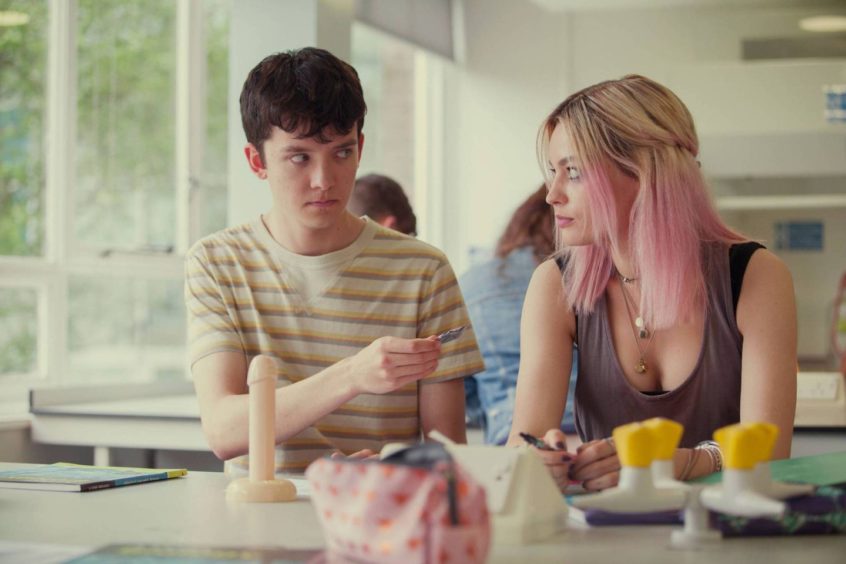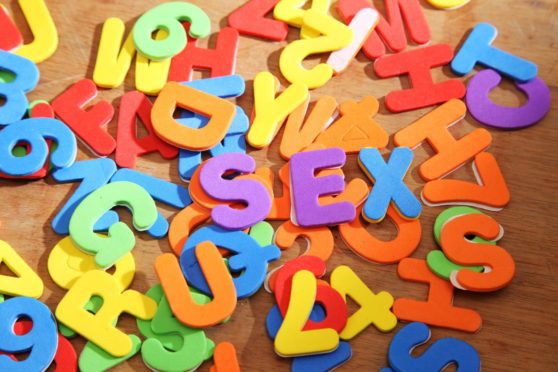
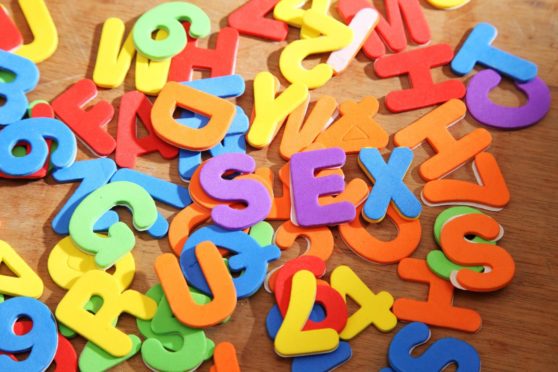
Do you remember your experience of sex education in the classroom?
I vividly recall the day I and my primary school peers were offered a book and confronted with images of a sturdy male and hirsute female – both naked – as the teacher selected a reluctant victim to read the associated text.
The eventual prey tried, with limited success, to read the words accompanying the two figures while seeking to smother her sniggers.
It came to mind as I was considering the question I revisit periodically: “If the SNP were not in government, could anyone else do a better job?”
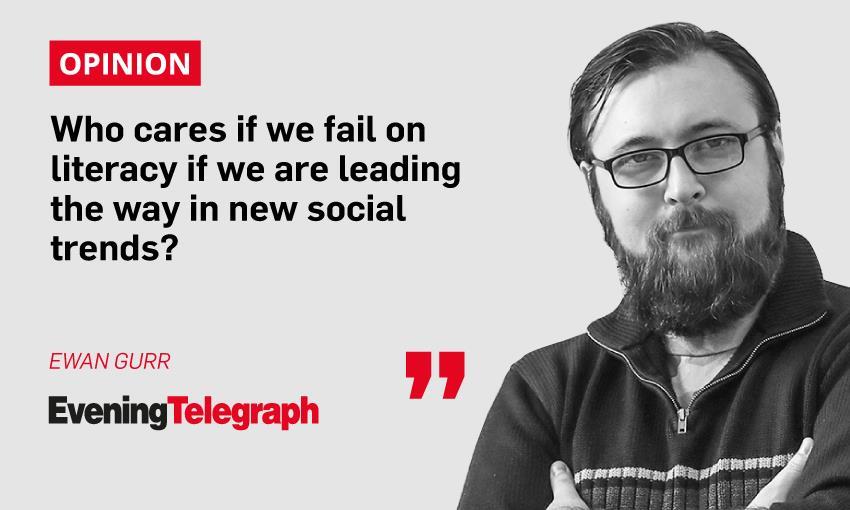
For the most part, my response would be lukewarm. In education though, performance is far from up to scratch.
When primary teachers were in training more than a decade ago, Scottish education was a global leader.
The standard was such that qualified teachers migrating to Scotland required an additional year of training to meet the criteria.
In a speech to teachers and educators in 2015, Nicola Sturgeon said she was willing to put her “neck on the line” on education and wanted to be judged on her performance.
Not such a class act
Since then, however, the Scottish Government has shelved its Education Bill and withdrawn Scotland from international tables due to poor polling.
The report card is clear – we are failing.
Meanwhile, we have just returned the SNP to government – albeit with a new education secretary as Shirley-Anne Somerville takes over from John Swinney – and the academic futures of our children are at stake.
One major recent development in sex education is the Relationships, Sexual Health and Parenthood (RSHP) materials, which reflect the introduction of legislation endorsing same-sex marriage in Scotland in 2014.
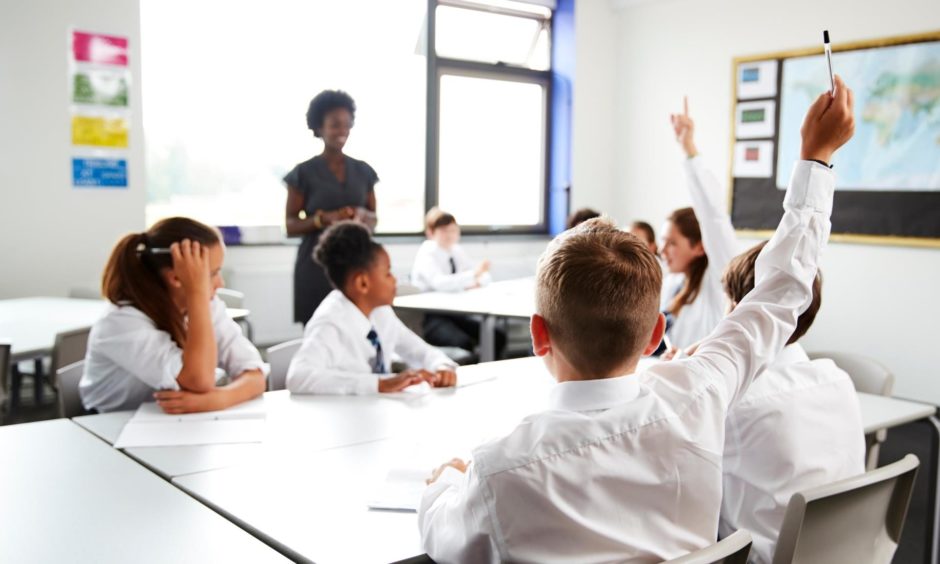
The guidance, which applies to all schools managed by local authorities, sets out the Scottish Government’s expectations in relation to the manner in which such education is conducted.
From primary one, children are informed some families have a mum and a dad, some have two mums, others two dads and still others are made up of two dads and two mums, covering instances of divorce and remarriage.
From primary two, boys and girls are informed about body parts including the scrotum, testicles, penis and vulva using naked cartoon images and told their peers are either heterosexual, lesbian, gay or bisexual.
I do not object to most of this but for children aged five and six – really?
Materials, for children in secondary education cover everything from the safe consumption of pornography to how a girl can go about getting an abortion
Level two materials, deemed appropriate for children in primaries five, six and seven, offer detailed descriptions of how to have sex, use contraception and what it means to be transgender.
My primary concern here relates to a slideshow of fully naked men and women where children as young as eight are informed: “If a man and a woman are having sex, and they both want to do it, the man can put his penis inside a woman’s vagina and gently move his penis in and out. This should feel nice for both.”
Third, fourth and senior level materials, for children in secondary education from 12 to 18 years of age, cover everything from the “safe” consumption of pornography to how a girl can go about getting an abortion, as well as detailed depictions of how to engage in masturbation, oral and anal sex.
It’s all there at rshp.scot if you think I’ve taken leave of my senses.
A fortnight ago, the Legatum Institute’s Centre for UK Prosperity reported Scotland’s educational performance is poorer than the rest of the UK.
It found primary pupils in Scotland are achieving six percentage points below the UK average expected standard for literacy.
The Sunday Times columnist Gillian Bowditch wrote: “Education, once Scotland’s proud boast, is now our national disgrace.
“The pandemic will pass but the educational morass will remain.”
“Education, once Scotland’s proud boast, is now our national disgrace”
🖋️ @GillianBowditch https://t.co/TUwE5bCfRK
— The Sunday Times Scotland (@SundayTimesScot) May 16, 2021
The Scottish Government appears to be trying to compensate for its regressive levels of attainment with a progressive agenda on culture.
Who cares if we fail on literacy if we are leading the way in new social trends?
In a city which has, in recent years, topped European tables for underage teenage pregnancy, we should all care.
Particularly if it means that rather than protecting the innocence of future generations they are exposing them to material that robs them of precisely what it means to be a child.

